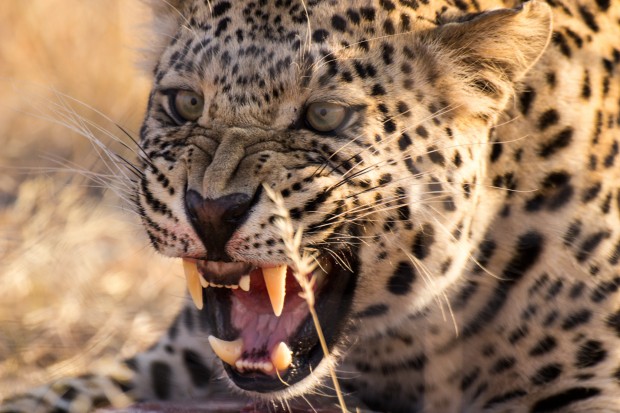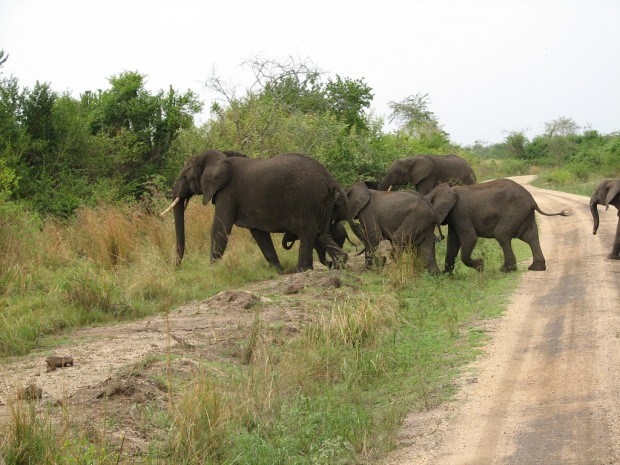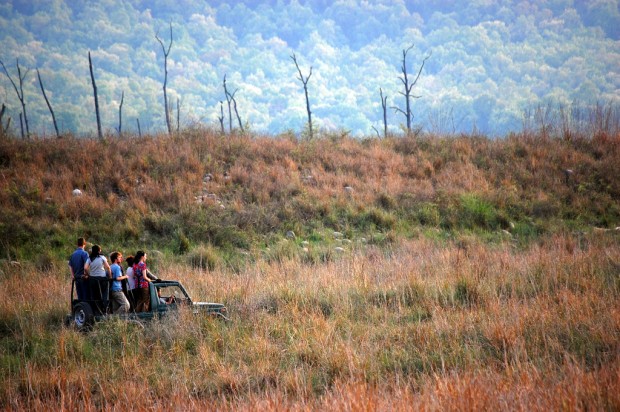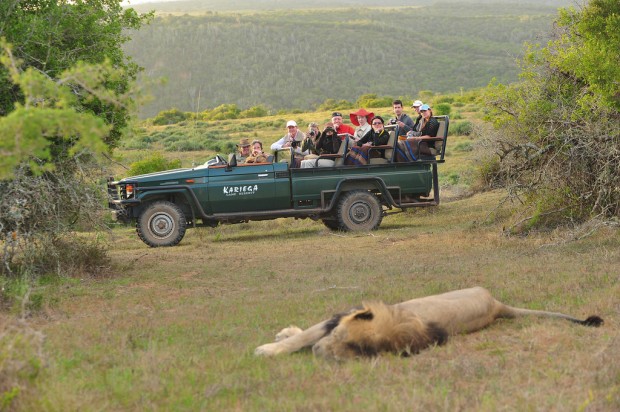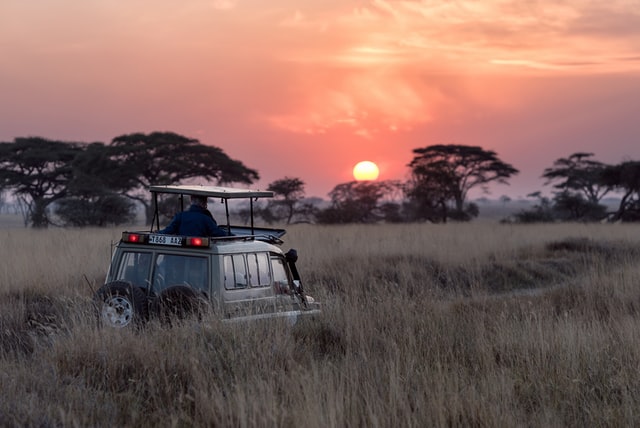We all love animals isn’t? It cannot be argued that at some stage of life, we all desire to have an animal as our best companion to love, play and care. However, all the fondness that we have for the animals may not have any meaning unless the wildlife gets any respect. Every day, the newspapers are replete with the news of animal abuse and cruelty. As a responsible citizen, it is our duty to safeguard and respect the magnificent wildlife, which are our ultimate gem on the earth.
Now, the main question that pops out here is how we can teach others to respect wildlife and most importantly keep them safe. Well, the best thing to do here is to embark on a wildlife tour with your friends or family members and provide them a wonderful opportunity to get up close and personal with the animals. Furthermore, you can seek the assistance of an experienced guide who can teach your friends about the importance of protecting wildlife and DO’S and DON’TS when seeing the animals. By doing this, the members will not only get a great chance to revel in an enchanting nature but also learn a lot about the usefulness of saving and respecting endangered animals.
Here are various ways you can use to teach people about shielding and respecting the exotic wildlife.
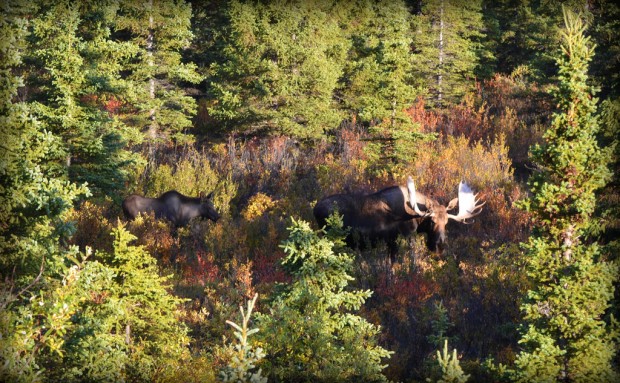
The Behavior of Wild Animals is Fickle
It is absolutely right. You must leave no stone unturned to make the people understand during your wildlife tour that behavior of the wild animals is always unpredictable. They cannot be domesticated like the dogs and cats. If the people really desire that the wild beings must act like the domesticated animals, then what they will get is a big DISAPPOINTMENT. In such a situation, understanding and respecting the behavior of the animals is very critical.
Image by Massmo Relsig via Flickr
Never Disturb the Wilderness
While roaming in the national parks in India, it is pivotal that you do not chase or harass an animal to get a good photograph. Never follow the animals that may seem as ‘harassment’. The calm environment of the forest must be effectively maintained. For instance, if you see the herds of elephants passing by calmly, then do not disturb them. Warn the people, not to make any loud noises; otherwise they may be inviting some trouble. So, maintaining the peace and calmness of the animals is certainly essential here.
Plan a Trip to National Parks with Your Children
As a parent, you must teach your children about the importance of respecting the animals at a very early age. Take your kids for an outing or tour to national parks so that they see various species of wildlife that are seldom found in the urban areas. Provide an in-depth knowledge to your kids about the different wildlife found in the park. Additionally, you must also tell them about the significance of protecting the wild beings and their natural habitats.
Image by Sunil Garg via Flickr
Avoid Feeding the Animals During Safari Tour
BEWARE! Do not ever try to feed the animals while on a safari tour in the parks. Respecting the animals of the park means not to touch and feed them. If at all, you try to touch or give anything to eat to the animals, then they may get startled, threatened and behave accordingly. Your guide may also give you specific instructions list to follow while on a wildlife tour.
It is crystal-clear that these prominent ways or guidelines will help you a lot to spread awareness among the people to respect wildlife and save them so they do not become a thing of the past.
Image by Marco Maas via Flickr
Author Bio
Jyoti is an avid wildlife enthusiast and a nature lover, she loves to explore the wilderness of the jungles and likes to pen-down her experiences through articles and blogs. She has recently been on a wildlife tour to India visiting all major national parks and wildlife sanctuaries.

